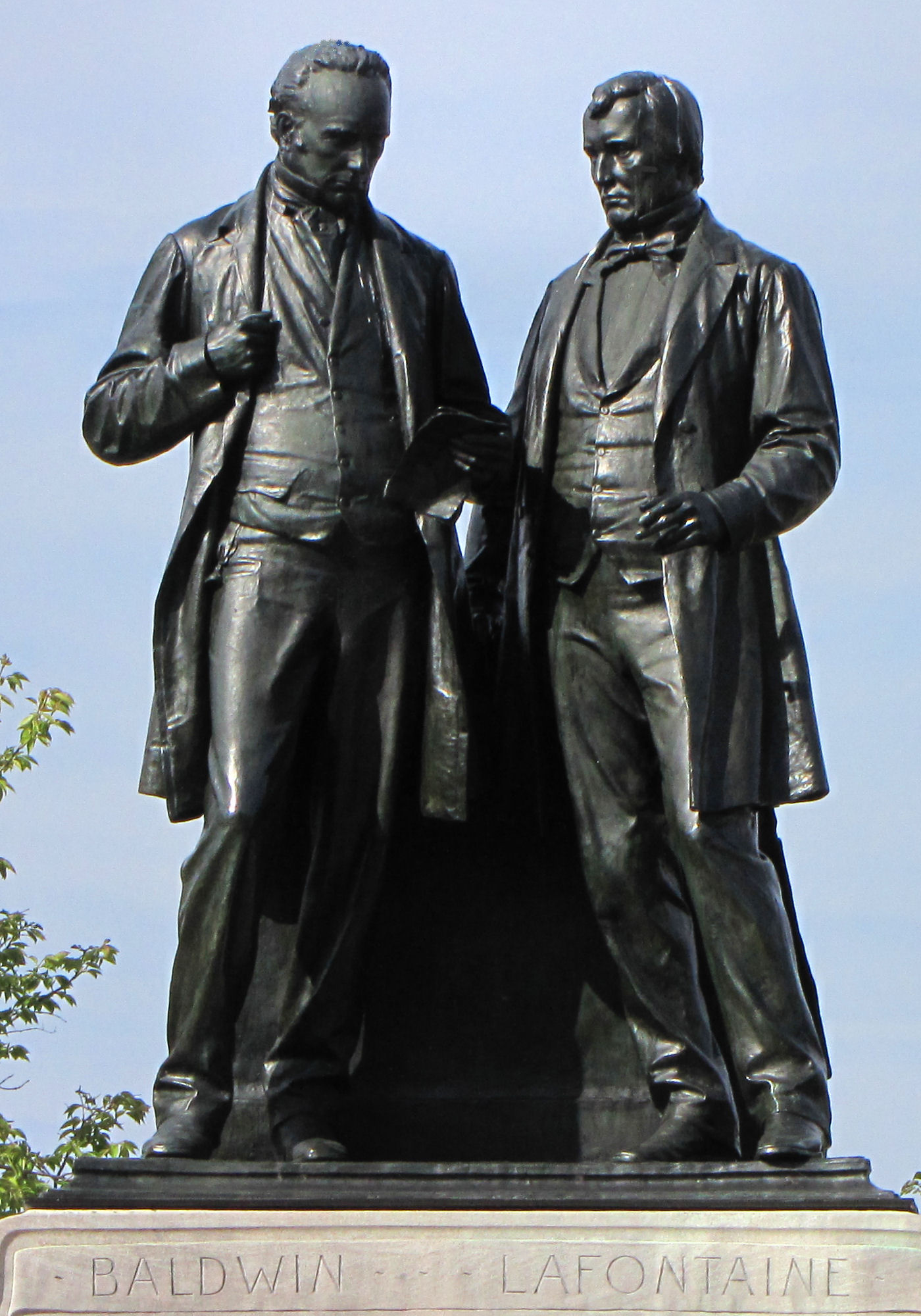Article
Project Ploughshares
Project Ploughsharesis an organization founded in 1976 to promote disarmament and demilitarization, the peaceful resolution of political conflict, and the pursuit of security based on equity, justice and a sustainable environment.






